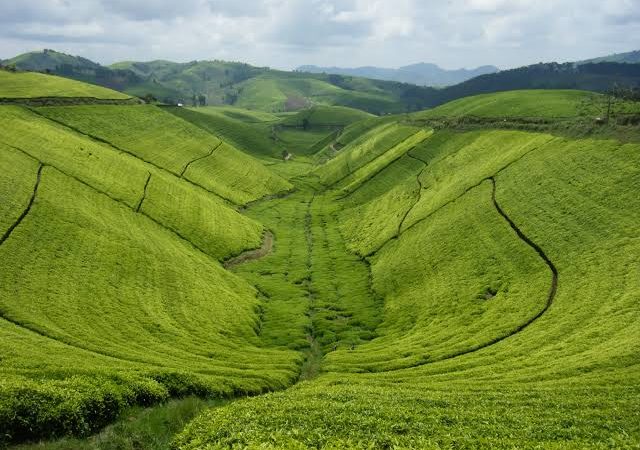Rwanda, the land of 1000hills

Rwanda, officially known as the Republic of Rwanda, is a landlocked country located in East Africa. It is known as the "Land of a Thousand Hills" due to its hilly and mountainous terrain. Rwanda is a small but densely populated nation with a complex and fascinating history. Here are some key facts and information about Rwanda:
Geography and Location
- Rwanda is situated in the Great Lakes region of East Africa and is bordered by Uganda to the north, Tanzania to the east, Burundi to the south, and the Democratic Republic of Congo (DRC) to the west.
Capital and Largest City
- The capital city of Rwanda is Kigali, which is also the largest city in the country. Kigali is known for its cleanliness, orderliness, and modern infrastructure.
Population
- Rwanda has a population of over 12 million people. The population density is among the highest in Africa.
Language
- Kinyarwanda is the national language and is widely spoken throughout the country. French and English are also official languages and are commonly used in education and government.
Government
- Rwanda is a presidential republic with a multi-party system. The President is both the head of state and head of government. The country has made efforts to promote gender equality, with one of the highest percentages of female representation in its parliament.
Economy
- Rwanda's economy has shown steady growth in recent years. Key sectors include agriculture, tourism, mining, and services. The government has implemented economic reforms to attract investment and reduce poverty.
Tourism
- Rwanda has become an increasingly popular destination for tourists, known for its mountain gorillas, diverse wildlife, lush forests, and scenic landscapes. Gorilla trekking in Volcanoes National Park is a major attraction, as is bird watching, cultural tourism, and historical sites related to the Rwandan Genocide.
Conservation
- Rwanda is committed to environmental conservation and has set aside protected areas, including national parks, to preserve its unique biodiversity. Conservation efforts also extend to the protection of endangered species like mountain gorillas and golden monkeys.
Culture
- Rwanda has a rich cultural heritage, with traditional dances, music, and art. The country is known for its vibrant cultural festivals and events, which showcase Rwandan traditions and celebrations.
Education
- Rwanda has made significant investments in education, and primary education is compulsory. The country has several universities and institutions of higher learning.
Rwanda's transformation in the post-genocide era has been remarkable, with a focus on reconciliation, economic development, and social progress. It has become a stable and forward-looking nation in East Africa, known for its commitment to conservation, cleanliness, and modernization.